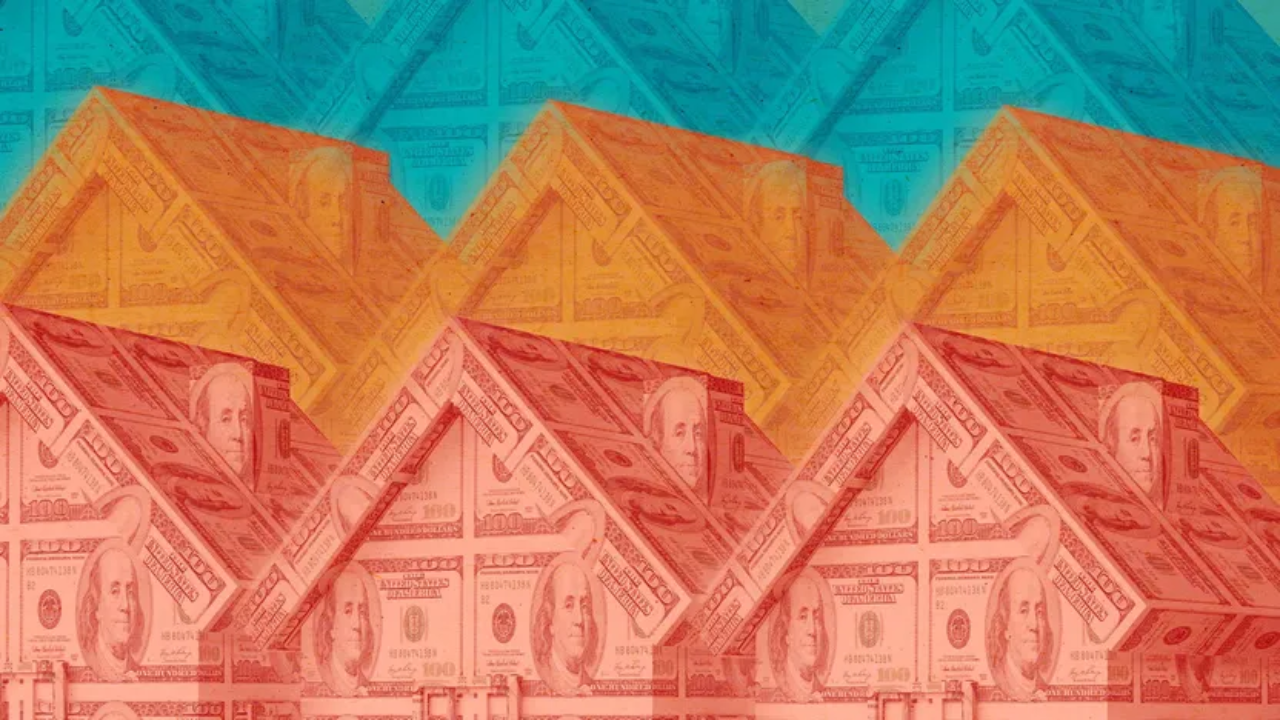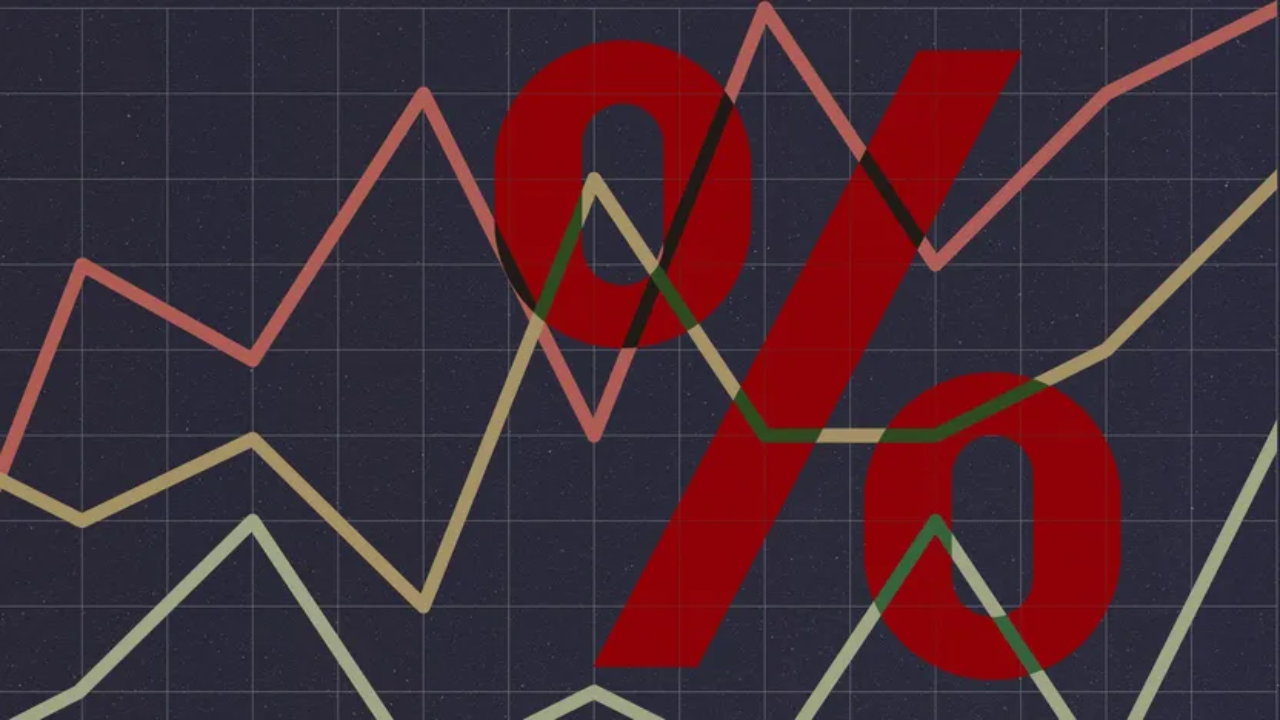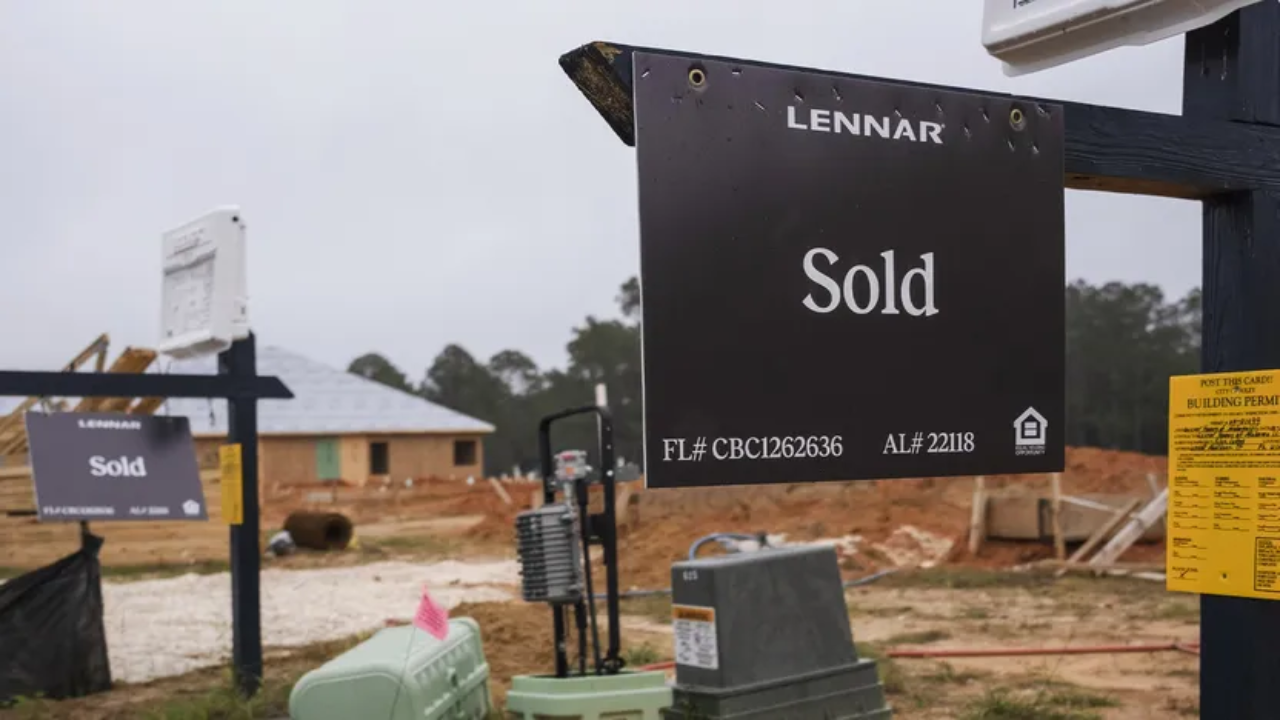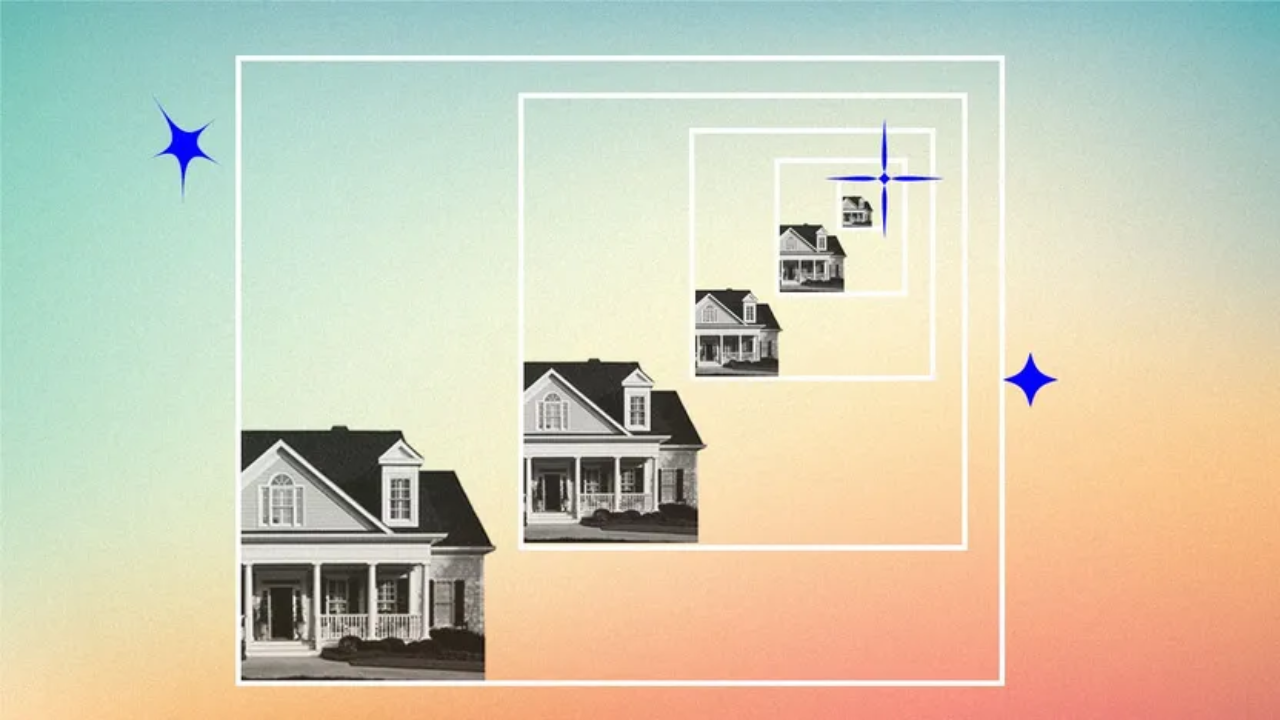Is the Housing Market Overvalued? What Buyers Need To Know
By Clare Trapasso | REALTOR.COM
Is the housing market overvalued?
It’s an increasingly fraught question, and the answer might depend on who’s being asked.
Some real estate experts believe home prices are well above what they should be and expect them to begin coming down. Others think the high prices make sense given how many people are still in the market looking for properties, despite mortgage rates nearing 8%.
“If you look at how much income homebuyers are putting toward their housing payment, if the number is not the highest ever, it’s really darn close,” says Realtor.com® Chief Economist Danielle Hale.
No one wants to buy a home at the peak of the market—and then watch the home value trickle down.
Homes in 98 of the 100 largest housing markets are selling above their long-term prices, which indicates that they are overvalued, according to an August analysis from Florida Atlantic University and Florida International University researchers. Only two markets had homes selling at a discount.
Nine of the top 10 markets where homes were priced the highest above historical norms were in the South, with seven in Florida, according to the analysis.
“The Sun Belt states are the most overvalued,” says Ken H. Johnson, a real estate economist at Florida Atlantic University in Boca Raton.
However, not everyone believes home prices are out of whack.
One thing most observers agree on: It’s the housing shortage that has kept prices high. Since there aren’t enough properties to go around for all of those aging into prime homebuying years, buyers have been trying to outdo one another with higher and higher offers to win bidding wars.
It happens in artwork, in commodities, in precious metals—and certainly in housing: The rarer, and more desirable, something is, the more valuable it is often considered to be.
“Yes, we’re in an affordability crisis,” says Devyn Bachman, senior vice president of research at the real estate consulting firm John Burns Research and Consulting. But “we have so much demand in the market, I don’t know that you can argue housing is overvalued.”
Fears of buying at the top of the market
It’s nearly impossible to perfectly time investments in the stock market. That is also true in real estate. No one wants to risk buying shortly before a major price correction.
That’s why some buyers who can afford the steep price tags at today’s high mortgage rates might decide to wait.
“There’s always this looming fear that they’re buying at the wrong time or they’re buying at the top of the market,” says Ali Wolf, chief economist of the builder consultancy Zonda. “We thought the peak was last year; we thought the peak was the year before.”
The problem is that it’s often impossible to figure out if the market has peaked until well after the fact. Many thought the market had peaked earlier this year when prices began to dip on a year-over-year basis, but then they started creeping up again.
“If someone is buying now because they want to lock in their interest rate, live in a certain neighborhood, get in a certain school district, and they’re planning to live there at least five years, I wouldn’t be as concerned about trying to time the market,” says Wolf.
Mortgage rates will determine whether home prices rise or fall
Home prices aren’t sitting by themselves on an island. Mortgage rates and incomes also play a large part in whether real estate is overvalued.
It’s simple math. If everyone in America made at least $1 million a year, September’s median home list price of $430,000 wouldn’t seem so extra. Similarly, if mortgage rates were below 3%, then today’s prices would also be a lot more palatable.
“Two years ago, home prices were [also] high, but interest rates were low and most markets were considered fairly valued,” says Wolf. “The reason that’s changed today is mortgage rates have more than doubled.”
If mortgage rates keep climbing, home prices could fall. There is a limit to how much buyers can afford to spend each month on housing.
“It’s definitely more risky [to buy] today because of the high interest rates,” says Wolf. “If someone is buying now because they think their home [will be] up in value one year from now, I wouldn’t guarantee it.”
But if rates come back down, that could lure more buyers back into the market and prices could rise more steeply again.
“If mortgage rates drop, then maybe your asset isn’t overvalued,” says Bachman.
Will home prices crash?
Even if home prices are overvalued, most real estate experts don’t expect another housing crash to correct them.
“It’s certainly possible that home prices could fall from recent highs. It’s also possible they could still go up,” says Hale. “One year ago, everyone was predicting that the sky would fall in real estate—and that hasn’t happened in most markets.”
Unlike during the Great Recession, there are more buyers today than there are homes for sale. That shortage is expected to put a floor under prices, keeping them more elevated than many buyers would prefer.
Lenders have also tightened underwriting so that only more qualified borrowers get loans. That’s likely to prevent another wave of foreclosures, flooding the market with cheap real estate.
“There is going to be some adjustment. It could be that prices fall, it could be that incomes grow to catch up, it could be that mortgage rates come back down,” says Hale. “Or each of these three things could contribute a little bit over time until we gradually get back to housing taking up a more normal share of income.”
She also notes that housing markets rarely bottom out quickly. During the Great Recession, it took about four years for prices to fall to their nadir.
Even if prices did correct, most homeowners have enough equity in their homes to not find themselves underwater on their mortgages, says Hale.
The exceptions are recent homeowners who haven’t had as much time to pay down their balances or benefit from the steep price increases of the past few years. There is also a greater risk for those who purchased their homes with low down payments; they could be in the uncomfortable position of owing more than their homes are worth if prices came down by double digits.
But over time, the housing market generally rebounds and prices begin rising again. Homeowners just have to hold on. Even if the housing market is overvalued, people who need a home will still buy.
“It’s very clear that housing is expensive right now,” says Hale. But “even if housing is overvalued, it will make sense for people to buy homes.”







